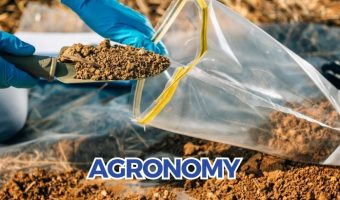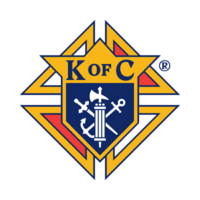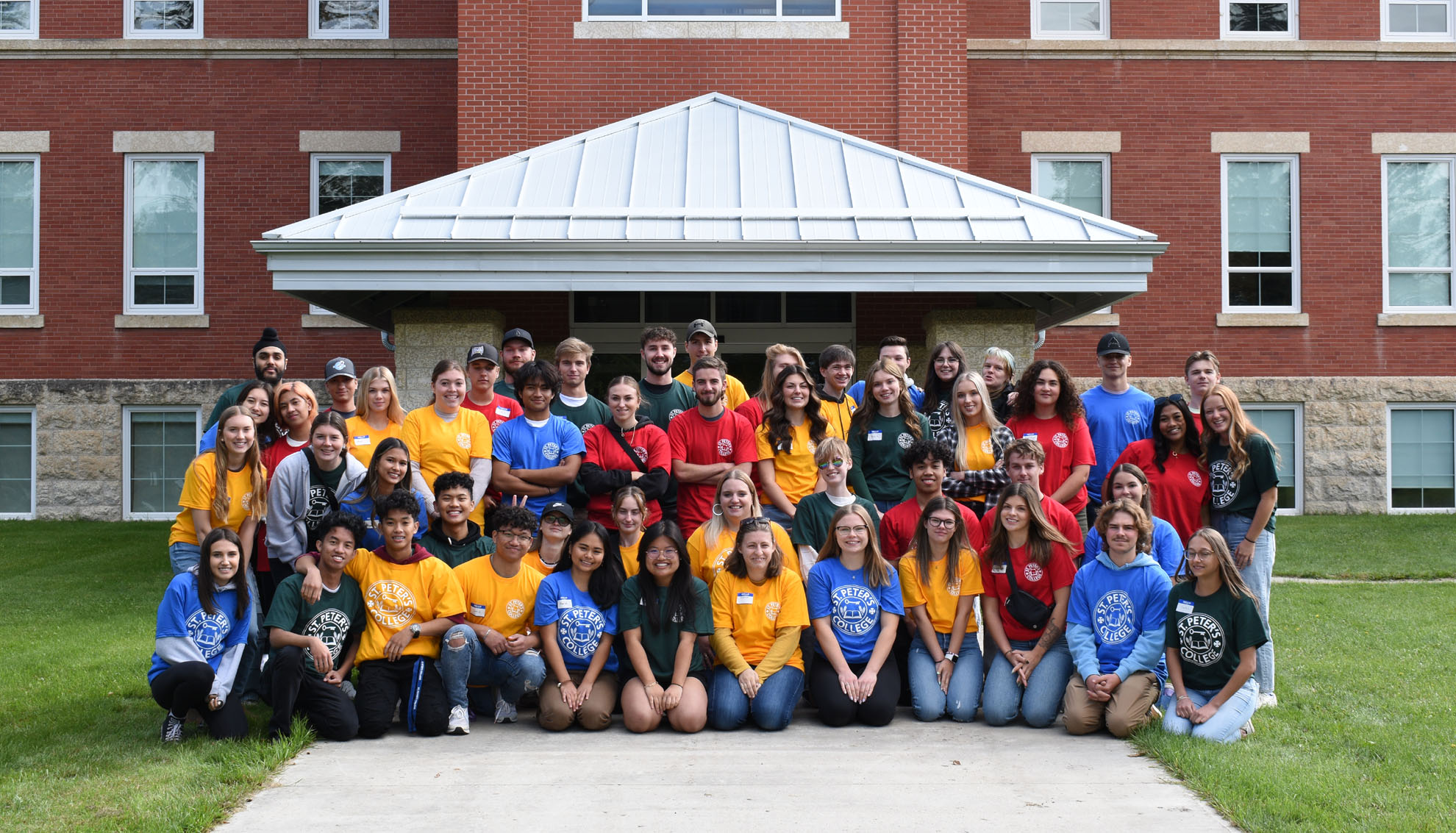About This Program
The Bachelor of Science in Agronomy is a science that finds ways to grow crops more efficiently and profitably while protecting the environment. Agronomy affects us all through the food we eat, the coffee we drink, the ethanol-based gas we use to power our vehicles and the natural fibers in the clothing we wear.
Upon completion of the first year, many St. Peter’s College students move to the U of S main campus to continue their studies. In some instances, students can complete the second year of studies with St. Peter’s College. St. Peter’s students must meet the same promotion standards as U of S students in order to move into the second year of study. Please contact Student Services for more information on promotion standards. Further information on this program can be found directly on the University of Saskatchewan’s website.
What you will Learn
You will examine ways use natural resources efficiently, sustainably and profitably to produce food, feed, fibre and fuel. You will take courses from several disciplines and learn to approach agronomic issues from several different perspectives. You will acquire an understanding of the biological, ecological and economic principles of crop production and soil management, as well as an appreciation of the short and long term effects of agricultural production on the environment.
First Year Classes
| Term 1 | Term 2 |
|---|---|
|
|
Tuition Estimates
| Canadian | International | |
| Tuition | $7,154 | $27,142 |
| Fees | $300 | $300 |
| Books | $1,000 – $1,500 | $1,000 – $1,500 |
| Total | $8,454 – $8,954 | $28,442 – $28,942 |
Tuition will vary depending on the type and number of classes you take in a year. This estimate reflects a typical amount you could expect to pay in your first year if you enroll in a full course load, the maximum number of courses allowed.
Fees are used to fund specific student benefits.
The cost of books and supplies varies widely depending on the courses you choose. It is recommended that you budget between $1,000-$2,000 per year.
*BASED ON THE RATES DISPLAYED ON OUR TUITION PAGE
Careers
4 Year Degree
Graduates with agronomy training are actively recruited in the job market finding positions locally, nationally and internationally in areas such as
- business management
- chemical and fertilizer sales and marketing
- agronomists, crop advisers
- grain marketing and transportation
- entrepreneurs
- farm operators
The College of Agriculture and Bioresources has strong ties with industry and a reputation for producing well-rounded, quality graduates means that many businesses turn here first when recruiting employees.
Graduates with a B.S.A. degree are eligible to apply for the Professional Agrologist designation with the Saskatchewan Institute of Agrology. Course work provides knowledge to become a Certified Crop Advisor. Graduates are also eligible to receive P.Ag. status for practise in the profession of agrology.
2 Year Diploma
A Diploma in Agronomy gives you the skills to
- start up your own business
- to lead the family business
- research technicians
- soil conservationists
- credit adviser
- agribusiness operators or managers
- sales representatives
- machinery service representatives
In addition, Diploma graduates are eligible for professional designation as Technical Agrologist with the Saskatchewan Institute of Agrologists.
As agricultural enterprise grows more diverse, technologically advanced and consumer-driven, the industry needs a growing number and variety of qualified workers. The wide-ranging subject matter of agronomy will prepare students for a career in nearly any sector of the industry.
Admission Requirements and Deadlines
Deadlines
St. Peter’s College Deadline:
Students already accepted into their program at the University of Saskatchewan may begin classes at St. Peter’s College anytime before the deadline for registration changes (mid-September and mid-January)
University of Saskatchewan Deadline:
The full list of deadlines for each college at the University of Saskatchewan can be found at the programs specific requirements and deadlines page on their website.
Required High School Classes
- Biology 30
- Chemistry 30
- Foundations of Mathematics 30 or Pre-Calculus 30
Students can be admitted into this college with one subject deficiency that must be cleared before the second year of study.
The high school classes that are required for admission purposes are not always the same as classes you will need to complete the degree program you choose. For example, if you want to minor in chemistry, you will need high school chemistry to take your first-year university classes.
Required Grade Average
Applications are considered up until the deadline. Admission is offered on an ongoing basis until all seats are filled. Applicants who do not meet the admission average but otherwise qualify for admission may be placed on a waitlist.
At the discretion of the college, applicants who had been placed on a waitlist may be offered admission based on their place in the waitlist (determined by admission average).
Minimum admission average: 70%
Learn how we calculate your admission average. If you do not meet the minimum admission average, you may be considered for the Transition Program or for special (mature) admission.
English Proficiency
If your first language in not English, you may have to prove proficiency in English before admission. It is expected that applicants interested in this program are fluent in English.
Ready to apply?
Students must apply and be accepted to the University of Saskatchewan and St. Peter's College. The University of Saskatchewan requires a non-refundable application fee of $90 CDN before your application will be processed. St. Peter's College will process your application at no charge.
Search
Related Programs













